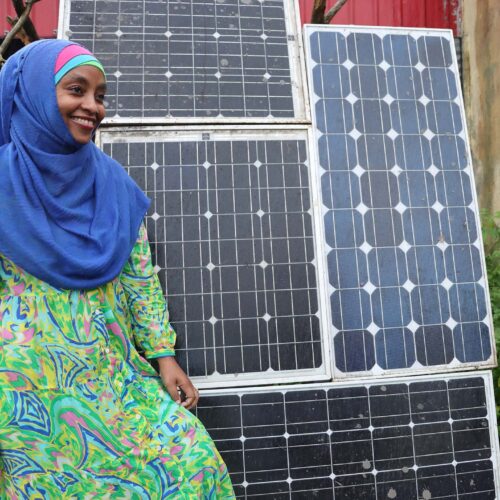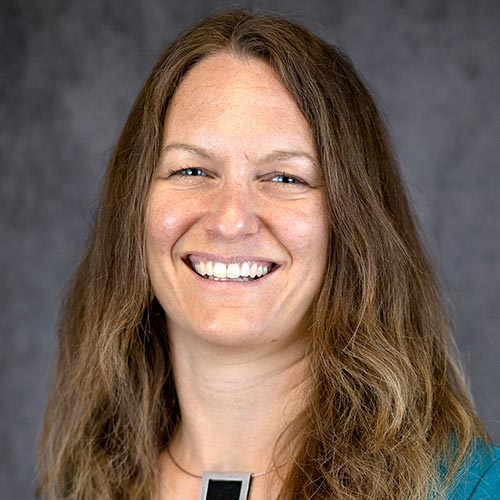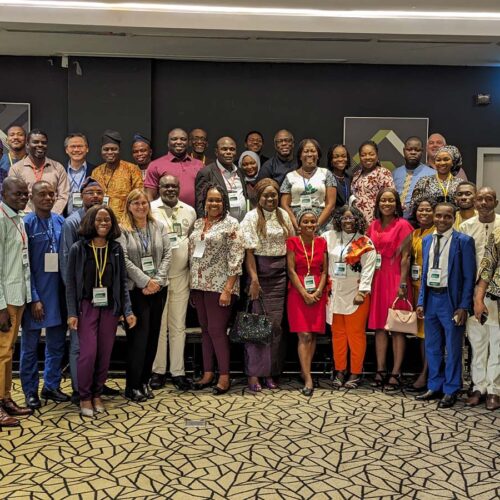
Amber is a principal for RMI’s Energy Transition Academy, working with utilities, regulators, government agencies, academic institutions, and the private sector to support leadership development and capacity building efforts to advance the energy transition in the Global South. Amber leads RMI’s Global Fellowship Program and Leadership Accelerator initiatives, which include utility and government professionals from countries in the Caribbean and sub-Saharan Africa actively advancing renewable distributed energy projects. Amber is a seasoned facilitation expert and a lead designer and facilitator for many of RMI’s convenings on topics such as utility-enabled distributed energy, municipal solid waste and waste methane solutions, electric mobility, and electrifying agriculture to support productive use for minigrid development.
Background
Amber has more than 17 years of management experience working for international organizations and the government, with a focus on developing, leading, and implementing climate change, sustainability, energy efficiency, and renewable energy plans and programs. She is a registered professional planner with extensive experience in developing local and national climate change and community energy plans. Amber has served on various provincial and national energy and climate working groups with utilities, industry, government, and nongovernmental organizations in Canada. Her experience includes various roles in the municipal government, including director of planning, director of development services, and manager of long-range planning and sustainability. In her role as a project officer for the International Centre for Sustainable Cities, Amber coordinated peer networks and supported plan development with leading international cities working on sustainability and energy planning (including Dar es Salaam, Tanzania, and Dakar in Africa, and over 30 other cities globally). Her work includes a partnership with UN-Habitat for multiple World Urban Forums, development of a multimillion-dollar Youth Opportunities Fund for sustainability projects, and a guide for youth engagement in city planning. She also served as an assistant coordinator for the Canadian Climate Impact and Adaptation Research Network, in addition to working on community planning with Indigenous communities.
Education
MSc, University of Edinburgh, Geosciences
BA (Honors), Environmental Geography, University of British Columbia
Member of the Canadian Institute of Planners
Certification in Public Participation from the International Association for Public Participation




